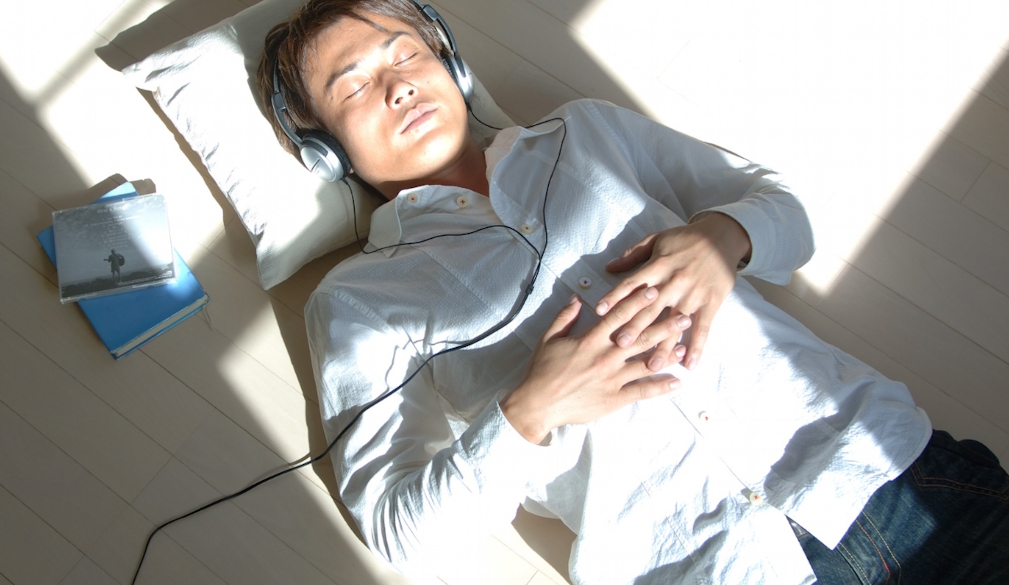Is Coffee More Than Just a Drink?
- Written by Brian O'Loughlan

For many, coffee is an essential morning ritual, a midday pick-me-up, and an evening comfort. It's more than just a beverage; it's a cultural cornerstone, a social catalyst, and a personal indulgence. But is coffee simply a drink, or does it transcend this definition to become something more profound?
From its humble origins in the highlands of Ethiopia to its global dominance in modern society, coffee has journeyed through time and across continents, shaping economies, societies, and individual lives. The history of coffee is rich with tales of discovery, trade, and innovation. Legends speak of a goat herder named Kaldi who noticed his goats' increased energy after nibbling on berries from a particular tree. Intrigued, he tried them himself and experienced a similar invigorating effect, thus unveiling the potential of the coffee bean.
The spread of coffee was fueled by trade routes and cultural exchanges. It became a staple in the Middle East before making its way to Europe and eventually the Americas. Coffeehouses sprang up as centers of intellectual and social life, where patrons gathered to discuss politics, philosophy, and news of the day. These establishments played a vital role in the dissemination of ideas and the formation of public opinion, shaping the course of history.
Today, coffee's influence is undeniable. It's the second most traded commodity in the world, after oil, and supports countless livelihoods across the globe. From the coffee farmers in developing countries to the baristas in bustling city cafes, the coffee industry provides employment and economic opportunity for millions. The production, distribution, and consumption of coffee contribute significantly to national economies and international trade.
But the significance of coffee extends beyond its economic impact. It holds a unique place in social interactions. Coffee breaks, coffee dates, and business meetings over coffee are common occurrences in everyday life. Sharing a cup of coffee is often a way to connect with others, build relationships, and foster a sense of community. The act of brewing and serving coffee can be a gesture of hospitality, a way to show care and consideration for guests.
In many cultures, coffee is an integral part of social rituals and traditions. In Ethiopia, for example, the coffee ceremony is a highly revered practice, often lasting several hours. It involves roasting, grinding, and brewing the beans in a traditional jebena, and serving the coffee with snacks and conversation. This ceremony is not just about drinking coffee; it's about connecting with family and friends, sharing stories, and celebrating togetherness.
On a personal level, coffee can be a source of comfort, motivation, and inspiration. The aroma of freshly brewed coffee can evoke feelings of warmth and nostalgia. The caffeine kick can provide a much-needed boost of energy and focus, helping individuals power through their day. For many writers, artists, and thinkers, coffee has been a muse, fueling creativity and facilitating deep contemplation.
The ritual of making coffee can also be a meditative experience, a moment of quiet reflection in the midst of a busy day. Grinding the beans, heating the water, and carefully pouring the brew can be a mindful practice, allowing individuals to slow down, appreciate the present moment, and find solace in the simple act of creation. This mindful approach to coffee preparation emphasizes the experience and enjoyment of the process rather than solely focusing on the end product.
Furthermore, coffee has a complex and nuanced flavor profile that can be appreciated and explored like fine wine. Different coffee beans, roasting methods, and brewing techniques can produce a wide range of tastes, aromas, and textures. Coffee connoisseurs often delve deep into the subtleties of coffee, studying its origins, processing, and roasting to discern the unique characteristics of each variety. This passion for coffee extends beyond merely consuming a beverage; it evolves into a deeper exploration of flavor and craftsmanship.
The debate over whether coffee is "just a drink" or something more profound often hinges on individual perspectives and experiences. For some, it's a simple source of caffeine, a way to stay awake and alert. For others, it's an essential part of their daily routine, a comfort blanket, or a symbol of social connection. And for many, it's all of these things and more.
Ultimately, the answer lies in the eye of the beholder. Coffee's multifaceted role in society, culture, and individual lives suggests it's more than just a drink. It's a symbol of connection, a catalyst for conversation, a source of inspiration, and a daily ritual. It's woven into the fabric of our lives, shaping our mornings, afternoons, and evenings in countless ways.
So, is coffee more than just a drink? The evidence suggests that it is. It's a complex and multifaceted entity that transcends its basic function as a beverage. It's a cultural icon, a social lubricant, and a personal indulgence. It's a source of comfort, motivation, and inspiration. It's a ritual, a tradition, and a passion. It's a journey, an experience, and a story.
Coffee is indeed more than just a drink.







